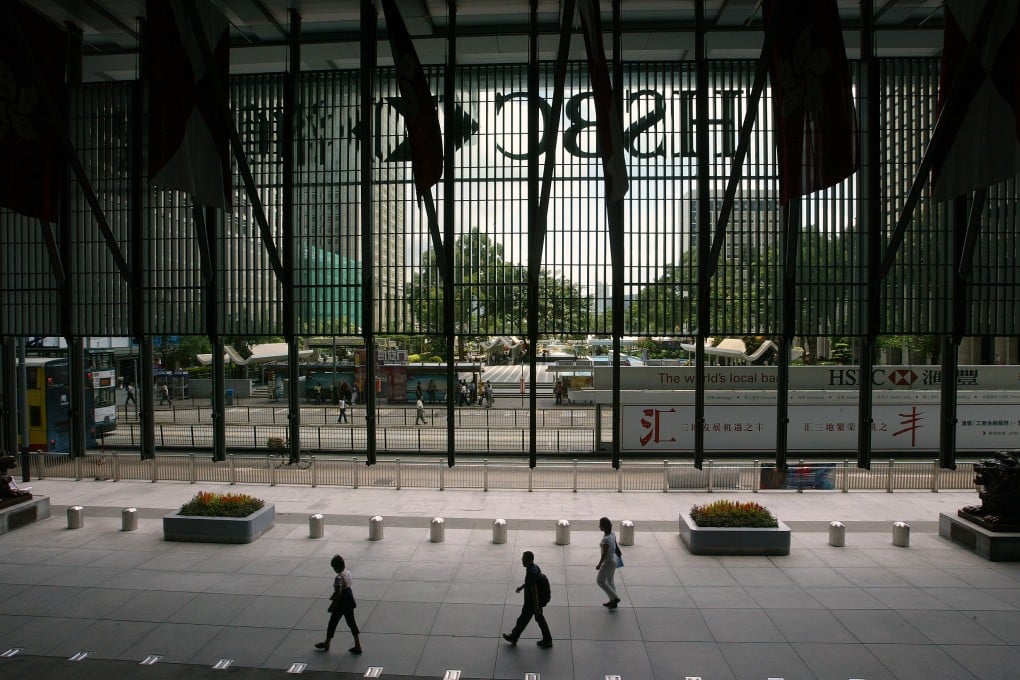Hong Kong analysts expect one last Fed rate increase in 2023, but are divided if HSBC and peers will raise prime rates
- Twelve analysts surveyed by the Post expect the Fed to raise its key rate this week, with most agreeing it would likely be the last increase in the current cycle
- They are equally divided if HSBC, Standard Chartered and other local banks will refrain from increasing their lending rates amid a rise in funding cost

“The US rate-hike cycle will end after this week’s meeting,” said Kirk Wong, global markets and foreign-exchange strategist at Everbright Securities International. “Many US lenders have tightened their loan policies, hence individuals and corporates have found it hard to get funding” after several bank failures this year, he added.

This has left the local stock market in a bind, with the Hang Seng Index struggling to regain upside momentum after sliding 12 per cent from this year’s peak in late January in a HK$4.8 trillion (US$610 billion) rout. Also at risk is a nascent recovery in domestic home prices, which climbed to a six-month high in March.
Bruce Yam, an independent currency analyst, said investors should brace for higher borrowing costs, citing renewed pressure on the Hong Kong dollar from the widening gap between local and US interest rates.